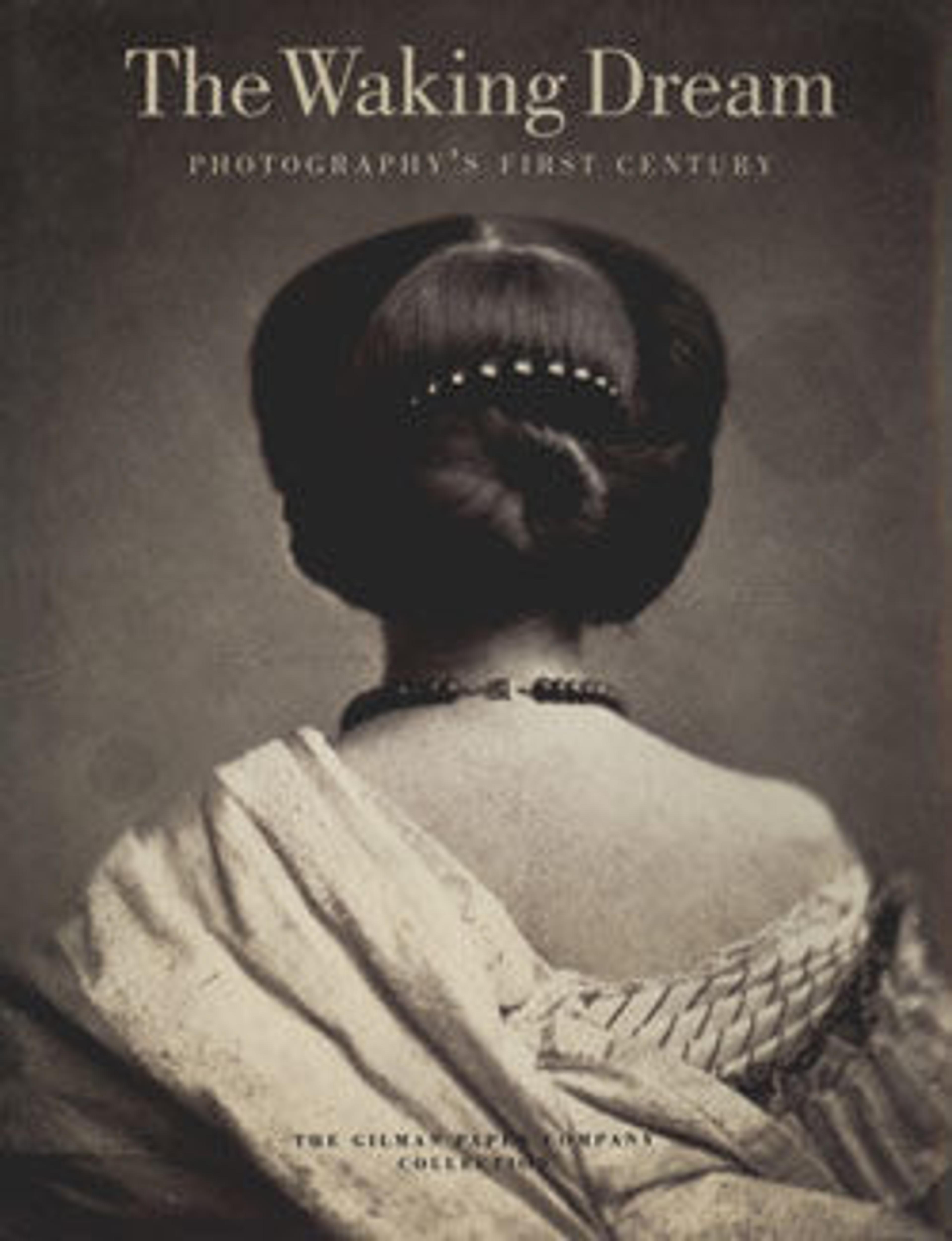[Raoul Hausmann]
As a boy August Sander worked in a mine in the Siegen area east of Cologne. His enthusiasm for photography was sparked when he had the opportunity to assist a photographer who was visiting the area. After training in Trier and Linz, he opened his own studio in Cologne in 1910. By 1920 his main focus had become a portrait atlas entitled "Citizens of the Twentieth Century," which was to be a collective image of the German people. By allowing dress, gesture, environment, and tools of the trade to define his sitters as much as their physiognomies, and by organizing the portraits according to the sitter's profession or social status, Sander arrived at a classification of social types. Even the sitter's identification was limited to profession or social standing--peasant woman, pastry cook, upper-class family, bohemian, and so forth. This vast project occupied Sander until it was brought to an abrupt halt by the Nazis in 1934.
When the first installment of sixty photographs was published in 1929 under the title "Face of the Time," it met with great critical acclaim. The head-on views, the absence of retouching, and the resulting unadorned images allied Sander with the "new objectivity" advocated by other contemporary artists. The book remains an exemplar of a new kind of publication that emerged in the 1920s, in which photographic images were not seen simply as illustrations but as autonomous works of art.
This portrait, taken in Berlin, of the Dadaist Raoul Hausmann, wearing only a beret, a monocle, and loose pants, defines him as an artist of the intellectual avant-garde, his surly mouth and confidently poised body revealing something of his domineering personality. Hausmann is so clearly an individual, performing for the camera as the Dadasoph, or resident theorist of the movement, that the generic caption "artist" would hardly have sufficed. Perhaps it was for this reason that the portrait was not included in "Face of the Time," though paradoxically Sander had traveled to Berlin specifically at the suggestion of his publisher in order that the book include some well-known figures to give it more popular appeal.
When the first installment of sixty photographs was published in 1929 under the title "Face of the Time," it met with great critical acclaim. The head-on views, the absence of retouching, and the resulting unadorned images allied Sander with the "new objectivity" advocated by other contemporary artists. The book remains an exemplar of a new kind of publication that emerged in the 1920s, in which photographic images were not seen simply as illustrations but as autonomous works of art.
This portrait, taken in Berlin, of the Dadaist Raoul Hausmann, wearing only a beret, a monocle, and loose pants, defines him as an artist of the intellectual avant-garde, his surly mouth and confidently poised body revealing something of his domineering personality. Hausmann is so clearly an individual, performing for the camera as the Dadasoph, or resident theorist of the movement, that the generic caption "artist" would hardly have sufficed. Perhaps it was for this reason that the portrait was not included in "Face of the Time," though paradoxically Sander had traveled to Berlin specifically at the suggestion of his publisher in order that the book include some well-known figures to give it more popular appeal.
Artwork Details
- Title: [Raoul Hausmann]
- Artist: August Sander (German, 1876–1964)
- Date: 1927–28
- Medium: Gelatin silver print
- Dimensions: Image: 24 x 16.8 cm (9 7/16 x 6 5/8 in.)
- Classification: Photographs
- Credit Line: Gilman Collection, Purchase, Ann Tenenbaum and Thomas H. Lee Gift, 2005
- Object Number: 2005.100.145
- Rights and Reproduction: © 2026 Artists Rights Society (ARS), New York
- Curatorial Department: Photographs
More Artwork
Research Resources
The Met provides unparalleled resources for research and welcomes an international community of students and scholars. The Met's Open Access API is where creators and researchers can connect to the The Met collection. Open Access data and public domain images are available for unrestricted commercial and noncommercial use without permission or fee.
To request images under copyright and other restrictions, please use this Image Request form.
Feedback
We continue to research and examine historical and cultural context for objects in The Met collection. If you have comments or questions about this object record, please contact us using the form below. The Museum looks forward to receiving your comments.
